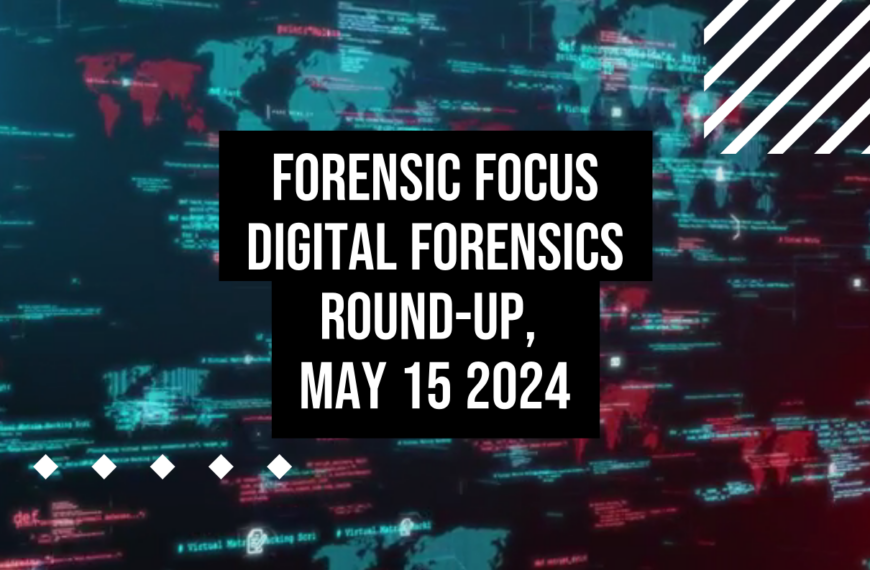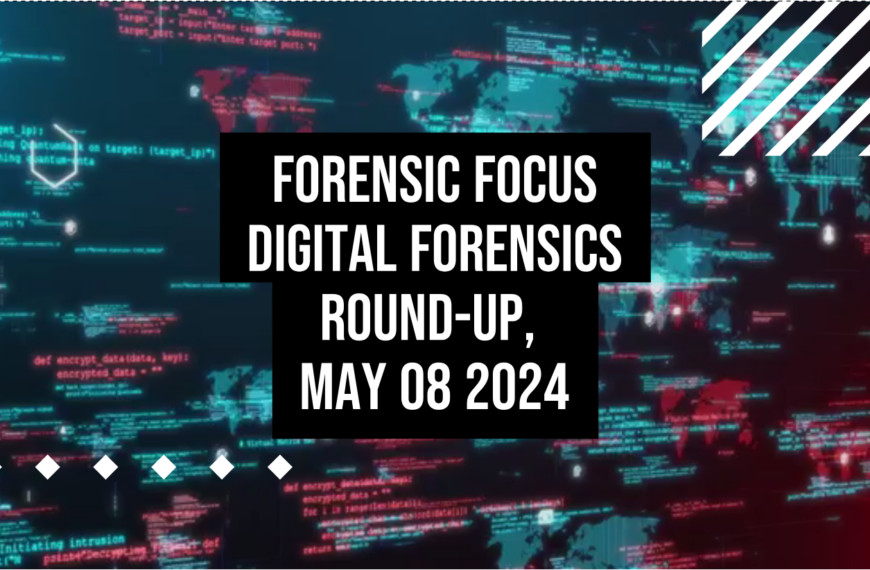Every year law enforcement officers identify and save thousands of children around the world from sexual abuse. Technology providers are constantly working on new solutions to help solve more crimes and save more children. And importantly to help the people doing the job who are swamped with thousands of images of CSA every day.Child sexual abuse investigations are primarily about images and videos, which means forensic examiners and investigators have to go through huge amounts of images and videos of children being sexually abused and brutalized.
It’s no surprise that being exposed to this kind of daily horror changes you and there’s a high risk of psychological issues. Being exposed to images and videos of child sexual abuse for eight hours a day, forty hours a week, naturally takes its toll.

One of the people who was working with child sexual abuse investigations for many years is Eric Oldenburg, Griffeye’s Law Enforcement Liaison in North America. Eric has gained a lot of insights from working in the field and knows from his own experience the trauma child sexual abuse investigations cause. It was for that specific reason he decided to come work for Griffeye when he retired from the police after 20 years – with the mission to help other investigators and keep them in the job longer:
“I liken it to a boxing match. If the boxer keeps his guard up and doesn’t get punched as much, he can stay all ten rounds in a fight. But if he constantly gets hit over and over, he goes down. So, the mission is to keep the fighters in the fight longer, hopefully the whole ten rounds. That is why I am so happy about working for Griffeye. The core of Griffeye is to help investigators in their job. And also, I am happy to see that the mental health of investigators is something that more and more people have come to recognize.”
But keeping investigators in the job longer is easier said than done. According to Eric and many others like him, it takes time to become a good CSA investigator – roughly two years. That seems to be almost the same time frame as it is to get exposure fatigue. We’ve heard stories about investigators who one day just abruptly turned off the computer and walked out the door because they were so mentally drained. And it typically happens about the time they’ve reached full capacity.
It is vital to understand the cost of getting someone trained and experienced to do a good job and then seeing them walk out the door in a very bad condition due to what they’ve been exposed to. Ideally, they should have the support to remain strong in the fight, cracking more cases and rescuing more child victims.
And this is where we, as a technology provider, can make a huge difference.
In just a few short years, technology has advanced in leaps and bounds, changing the way police officers do just about everything. It has, for example, provided solutions that help investigators to automatically filter for relevant information, detect hidden clues in tons of data that would otherwise have gone missing, and use solutions that mean they only have to look at the same image once instead of being exposed to it over and over again. But despite that, we can’t avoid the fact that more visual data is being produced, distributed and consumed than ever before, which means investigators still have to spend weeks or even months going through mountains of seized data to solve cases.
As a result, it’s important to remember why technology solutions that analyze images and videos of this sort of material are crucial for the people using them. No matter what technology solution is chosen, it will not only solve cases more quickly but also protect the people behind the work from unnecessarily repetitive exposure so they can stay in the fight. Because we should never expect investigators to just deal with everything on their own. We need to keep innovating and building solutions that ensure great people keep doing great work to protect children – and not walking away from it mentally scarred.














